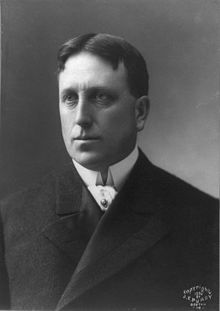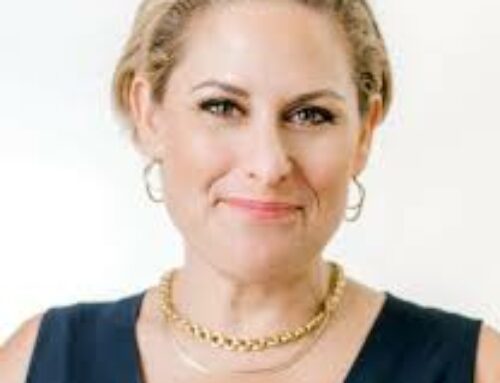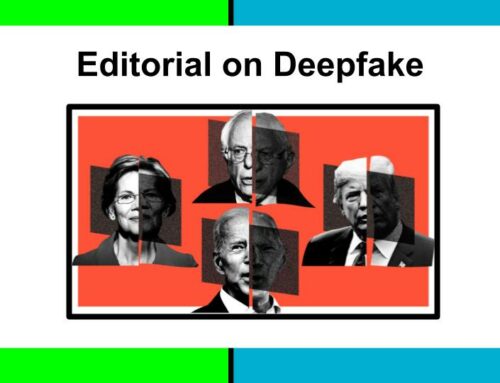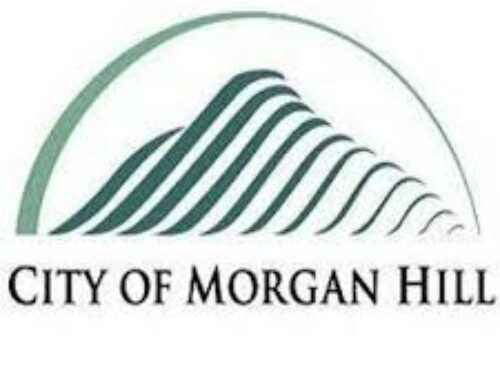Published in the February 28 – March 13, 2018 issue of Morgan Hill Life

William Randolph Hearst
A recent opinion piece we published received some strongly-worded response from several readers. Headlined “Freedom of the press comes with big responsibilities,” it addressed our concerns that national leadership is eroding the reputation of the free press and weakening our republic’s foundation. Some of our readers said the American media is “biased” toward a liberal political opinion and thus it cannot be trusted because it does not report “the facts.”
Is there bias in media? Yes, of course there is. The first day of Journalism 101 class in college, students learn that if 100 reporters are given the same assignment, the editor will receive 100 different stories. Even if each is 100 percent accurate, they’ll all vary in tone, style, and content. It can’t be otherwise. Reporters have unique styles of research, asking questions and putting the content and quotes into a story. All reporters have inherent viewpoints. Those biases will unconsciously influence how they interview a source and what information they put in the story.
Studies show print reporters do tend to have a liberal sway in their political viewpoint. There are several reasons for this. Journalists take pride in doing a job where they are obliged by tradition and ethics to “comfort the afflicted and afflict the comfortable.” Reporters by nature tend to take the side of society’s underdogs. Many of them hold the ideal that justice might, just might, be served by putting a spotlight on people who don’t play by the rules.
Another reason is many journalists have received training in higher education. In college, many student reporters have been exposed to a broad spectrum of viewpoints, ideas, lifestyles and opinions. And in covering stories of crimes and social injustice, many see first-hand how unfair the world can be toward those on the unfortunate end of civilization’s spectrum.
We openly acknowledge there’s a liberal bias among reporters. But there is also a checks and balance system. Editors and publishers serve as gatekeepers of the information flow to the public. When they do their job right, they make sure reporters don’t cross the dangerous line into advocacy journalism and become crusaders. There’s a role for advocacy in the opinion pages. But a news or feature story must serve the common good without commentary.
During the Civil War, Abraham Lincoln accused some newspapers of bias in favor of the Confederate cause. He ordered many shut down. In the late 19th century, William Randolph Hearst manipulated the American mind with “fake news” coverage of the sinking of the battleship Maine in Havana harbor, leading the nation into a war with Spain.
In the 1960s, a bias in the American press failed to hold President John F. Kennedy to the family values he portrayed in popular magazines. Many reporters knew he had extramarital affairs in the White House. His friend Ben Bradlee, editor of the Washington Post, and many others were aware of the philandering but never brought up that question of JFK’s character to the American people for their consideration of his leadership.
We might have a comparable situation in the media today. David Pecker, publisher of the National Enquirer’s parent company, American Media, is a longtime friend of President Donald Trump. According to a New Yorker story, Karen McDougal, a former Playboy model, allegedly had a nine-month affair with Trump beginning in 2006. McDougal is legally forbidden from speaking out because she signed a $150,000 contract, called a “life-story rights agreement,” granting the Enquirer’s parent company American Media “exclusive ownership of her account of any romantic, personal, or physical relationship she has ever had with any then-married man.” The story was never published by the supermarket tabloid. If this alleged affair did indeed happen and a biased Enquirer committed “catch and kill” to prevent this volatile information of Trump’s character from reaching the voting public, then that is indeed an unethical breach of journalism ethics.
The America nation of the 21st-century is a complex place both politically and socially. More than ever, a free press is vital to help citizens manage their way through the maze of news information that pours forth from the machinery of the media. As long as human beings report the news, bias, either liberal or conservative, will be inherent in the coverage. That’s a fact we face every day. But with good ethics, a sense of fairness and an eye toward the common good, we can eliminate our biases and commit to publishing the best fact-based reporting we possibly can.






